31 October, 2017
Compatibility Testing or Genetic matching


The tranquility of leaving the best inheritance possible: HEALTH.
According to the World Health Organization (WHO), the prevalence of hereditary diseases is found in 1% of births and these can be minimized with a genetic study to prospective parents.
The fact is that each person carries three to five genetic recessive mutations and some are especially frequent, such as that linked to cystic fibrosis (present in one in 25 people) or spinal muscular atrophy (present in one in 50).
Being a carrier does not imply suffering the disease, or presenting symptoms, or that have manifested before in a family member, but if it happens that the two partners have altered the same gene, there is a 25% risk that the children have a very serious illness.
The goals of assisted reproduction advance.
Since the beginning of assisted reproduction techniques in the 1980s, knowledge and technology have been advancing, and as a result, the goal of assisted reproduction has evolved. “The initial purpose of improving gestation rates has been complemented by avoiding multiple pregnancies and today our main goal is to achieve the birth of a healthy baby,” explains Maria José Figueroa, Director of Laboratory and Embryologist.
One of the great events that marked a before and after in assisted reproduction was the use of Pre implantation Genetic Diagnosis to avoid the transfer of embryos with chromosomal alterations, such as Down syndrome, as well as to prevent the transmission of genetic diseases in those couples aware that they or their families were carriers of a particular disease.
The Genetic Compatibility Test, what is it?
The Genetic Compatibility Test is a technique that involves crossing data from the genetic material of two people to see if they both share mutations in the same genes responsible for genetic diseases of recessive or X-linked inheritance, which would represent a significant risk for offspring. The Genetic Compatibility Test is an innovative technique that is performed through a blood test of the couple and allows us to avoid the transmission of hundreds of genetic diseases by studying the genetic compatibility of the couple.
For who is it indicated?
Genetic matching is indicated for:
• All those who have a family history of hereditary disease.
• Any couple that is planning their reproductive project and wishes to know the risk of transmitting diseases to their offspring in order to protect them.
• Couples who require donor gametes (eggs and / or sperm) to select the appropriate donor and prevent the onset or transmission of genetic diseases. In this case, the test is performed on the member of the couple that uses their gametes and the donor.
What happens if we are not genetically compatible?
In that case, we can perform an In Vitro Fertilization or ICSI and when we have the embryos in the laboratory we study them for the disease in which they are not compatible, so that we only transfer to the woman the embryos that are free of the disease. This technique is called Pre implantation Genetic Diagnosis (PGD) and has made it possible for thousands of families to have healthy children.
What if I need donor eggs to be a mother?
In HC Marbella we can genetically study all our donors. In this way, if required, we can cross the genetic information with the other person, minimizing the possibility of having a child affected by the genetic disease in question.
How is it done and what does it consist of?
At HC Marbella we already have a genetic compatibility test available. It is performed through a simple blood test, from whose cells we analyze the genetic material. This genetic test identifies hundreds of diseases, analyzing thousands of mutations in the patient and the partner (or, where appropriate, the egg donor or the sperm donor). Once studied, we cross the information of the two and check if they can transmit some disease. In this way we make sure they are genetically compatible, avoiding the transmission of genetic diseases to their children.
All these tests can be done at HC Fertility Marbella, where we provide a stress-free, comfortable and modern environment to help patients feel as comfortable as possible.

Back to blog
In other news

28 October, 2021
You are one step away from fulfilling your dream
We understand that choosing a Fertility Clinic to fulfill your baby dream is a very important decisi...
[Continue reading ]1 June, 2017
#Egg Vitrification
Egg vitrification: no need to rely on your biological clock… ...
[Continue reading ]


